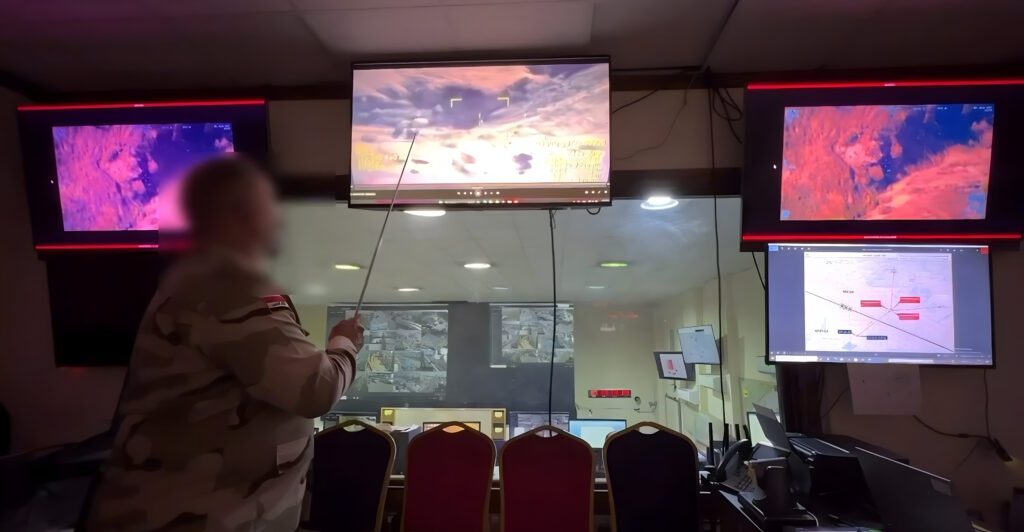In recent months, discussions around the potential withdrawal of US troops from Iraq have gained momentum, driven by domestic pressures and shifting foreign policy priorities. However, experts argue that such a move risks emboldening ISIS, whose threat persists in the region despite its territorial defeat.
Iraq remains a critical theater in the fight against ISIS, with the terror group maintaining sleeper cells and conducting sporadic attacks, particularly in areas like Kirkuk, Salahuddin, and Diyala. A premature US withdrawal could destabilise these regions, leaving Iraqi security forces to shoulder the burden of counterterrorism efforts alone. While these forces have improved their capabilities since the defeat of ISIS’s so-called caliphate, gaps remain, particularly in intelligence gathering and air support.

A key concern is that ISIS has evolved its tactics, focusing on rural insurgency and exploiting ungoverned spaces in Iraq and Syria. Analysts warn that a lack of international oversight could allow the group to regroup and expand its operations. The withdrawal of US troops, currently numbering around 2,500 in Iraq, could exacerbate these vulnerabilities, undermining the broader coalition’s efforts to maintain stability in the region.
The geopolitical implications of a US pullout are also significant. Iran-backed militias, already influential in Iraq, could further consolidate power, filling the void left by departing American forces. This would shift the balance of power in Iraq and potentially destabilise the country’s fragile political landscape. Critics argue that this scenario undermines US strategic interests in the Middle East, where Iraq plays a pivotal role as a buffer against both ISIS resurgence and Iranian influence.
Proponents of withdrawal cite the need to end “forever wars” and redirect resources to other priorities, including countering China and Russia. However, such arguments may overlook the interconnected nature of global security. The resurgence of ISIS could have far-reaching implications, including a renewed refugee crisis and the proliferation of terrorism beyond the Middle East.
For now, the Biden administration appears to be weighing its options carefully, mindful of the lessons from Afghanistan, where a rapid withdrawal led to a Taliban takeover. A similar miscalculation in Iraq could have devastating consequences, reigniting a conflict that has claimed thousands of lives and destabilised the region for nearly two decades.
As the debate continues, experts caution against losing sight of the persistent threat ISIS poses, underscoring the need for a measured and strategic approach to US involvement in Iraq.











